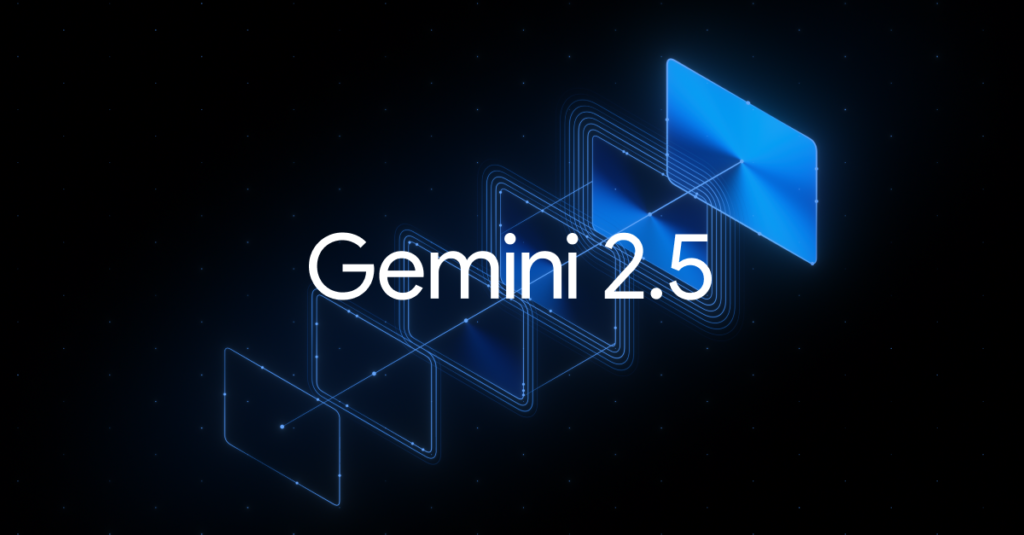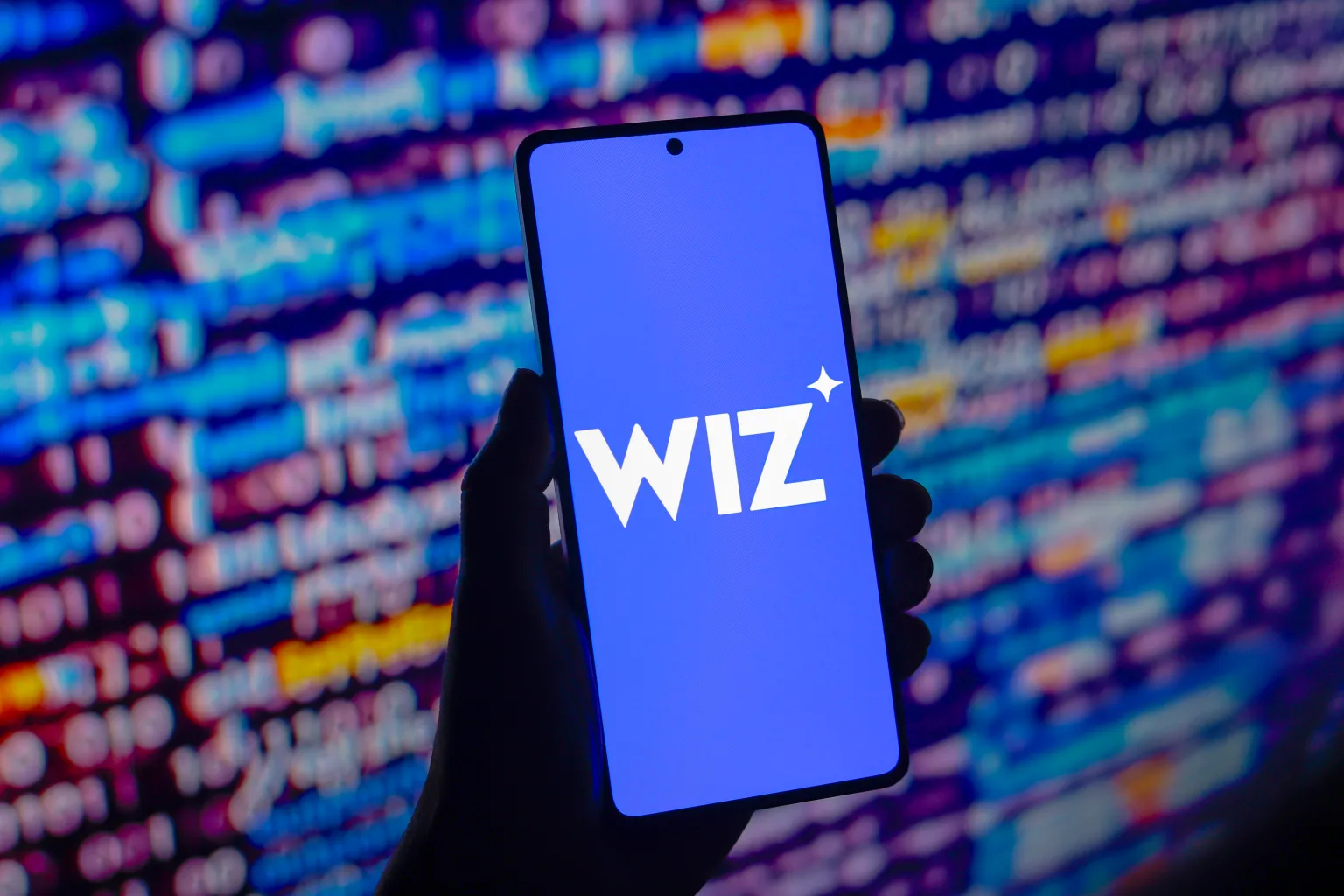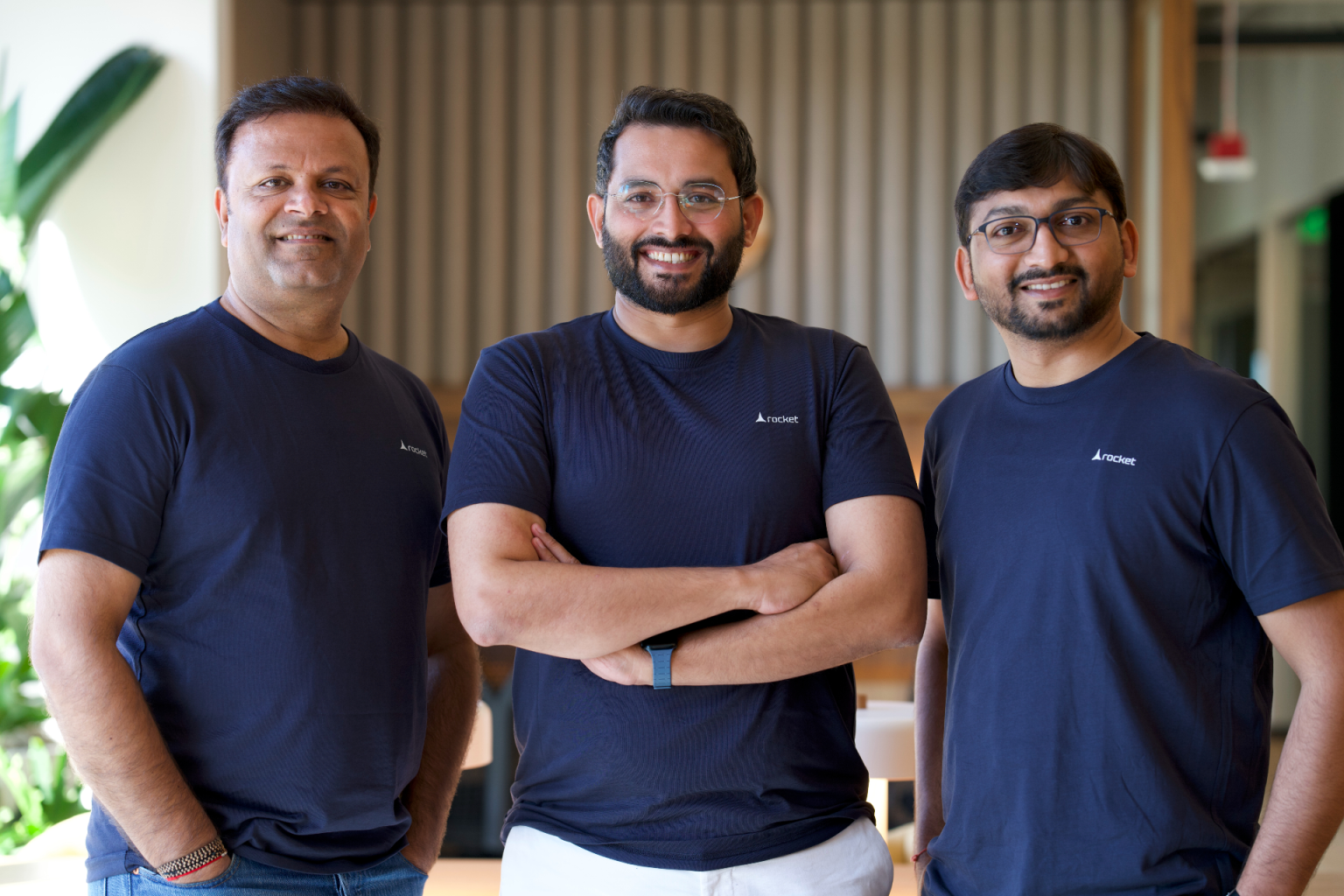Google’s Gemini 2.5 Pro, Google’s most advanced AI, has completed the classic 1996 GameBoy title Pokémon Blue in a livestream project led by an independent engineer—marking a notable milestone in AI reasoning and task execution. Below is a detailed, plagiarism‑free rewrite of the achievement, its context, and its broader implications.

Last night, Google CEO Sundar Pichai celebrated on X that “Gemini 2.5 Pro just completed Pokémon Blue!”. The playthrough wasn’t orchestrated by Google itself but by a 30‑year‑old software engineer known only as Joel Z, who set up a public livestream to demonstrate the AI’s capabilities. According to reports, the project spanned 37 days of gameplay, during which the AI navigated the game world with occasional developer guidance X (formerly Twitter).
Google executives have openly supported the initiative. Logan Kilpatrick, product lead for Google AI Studio, noted that Gemini had already “earned its 5th badge” in Pokémon, surpassing rival models on the same challenge. Pichai even quipped, “We are working on API, Artificial Pokémon Intelligence :)” underscoring both pride and humor about the accomplishment.
Gemini’s gameplay leveraged an “agent harness,” which feeds the model game screenshots annotated with contextual data, enabling it to interpret visual inputs and decide on in‑game actions. This setup allowed the AI to invoke specialized agents—for pathfinding, battle strategy, or item management—and translate their output into button presses.
Joel Z has acknowledged making “small developer interventions” that improved Gemini’s decision‑making, such as clarifying that the AI must talk twice to a specific NPC to retrieve a key item. He insists these tweaks weren’t direct hints or walkthroughs but rather general guidance to enhance the model’s overall reasoning without handing over step‑by‑step solutions.
Earlier this year, Anthropic showcased its Claude model tackling Pokémon Red, highlighting that its “extended thinking and agent training” gave it a lift in complex environments. However, Claude has yet to finish the game, making Gemini’s completion a noteworthy benchmark in AI gaming feats.
Despite the excitement, Joel Z cautioned viewers not to view this as a direct performance comparison between LLMs, since Gemini and Claude operate with different toolsets and data inputs. As such, the run is more a proof of concept for agent‑based reasoning than a strict head‑to‑head contest.
Classic games like Pokémon Blue pose challenges requiring long‑term planning, strategic decision‑making, and visual understanding—core competencies for next‑generation AI. Successfully navigating such environments suggests that compact LLMs, when paired with the right tooling, can tackle tasks once thought to require far larger models (AInvest).
The Gemini Plays Pokémon framework continues to evolve, with Joel Z working on reducing developer interventions and refining the agent harness (Horizon AI). Meanwhile, competition in AI‐driven gaming experiments is heating up, with Google’s success likely to spur similar projects across academia and industry.
Source: (Techcrunch)




